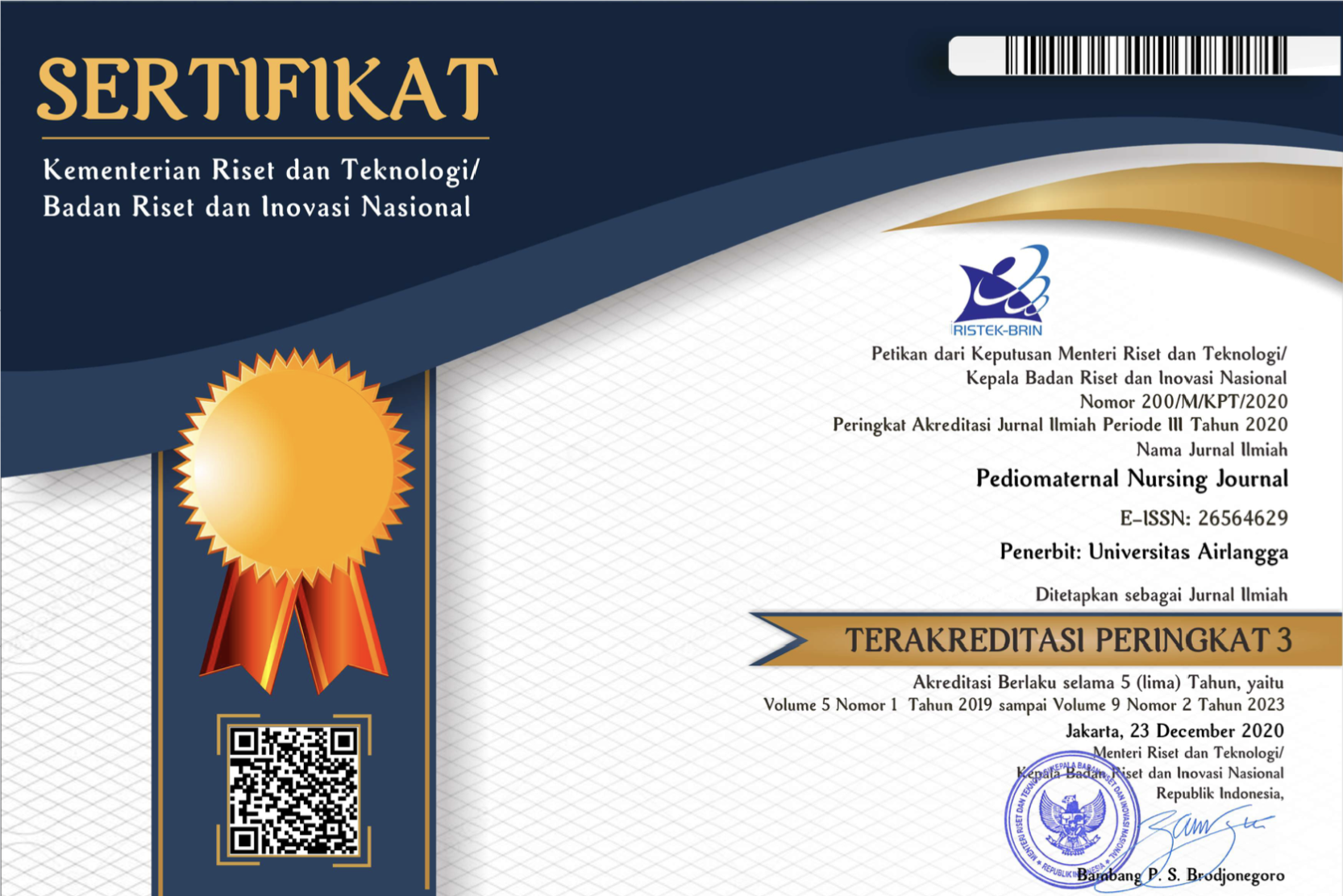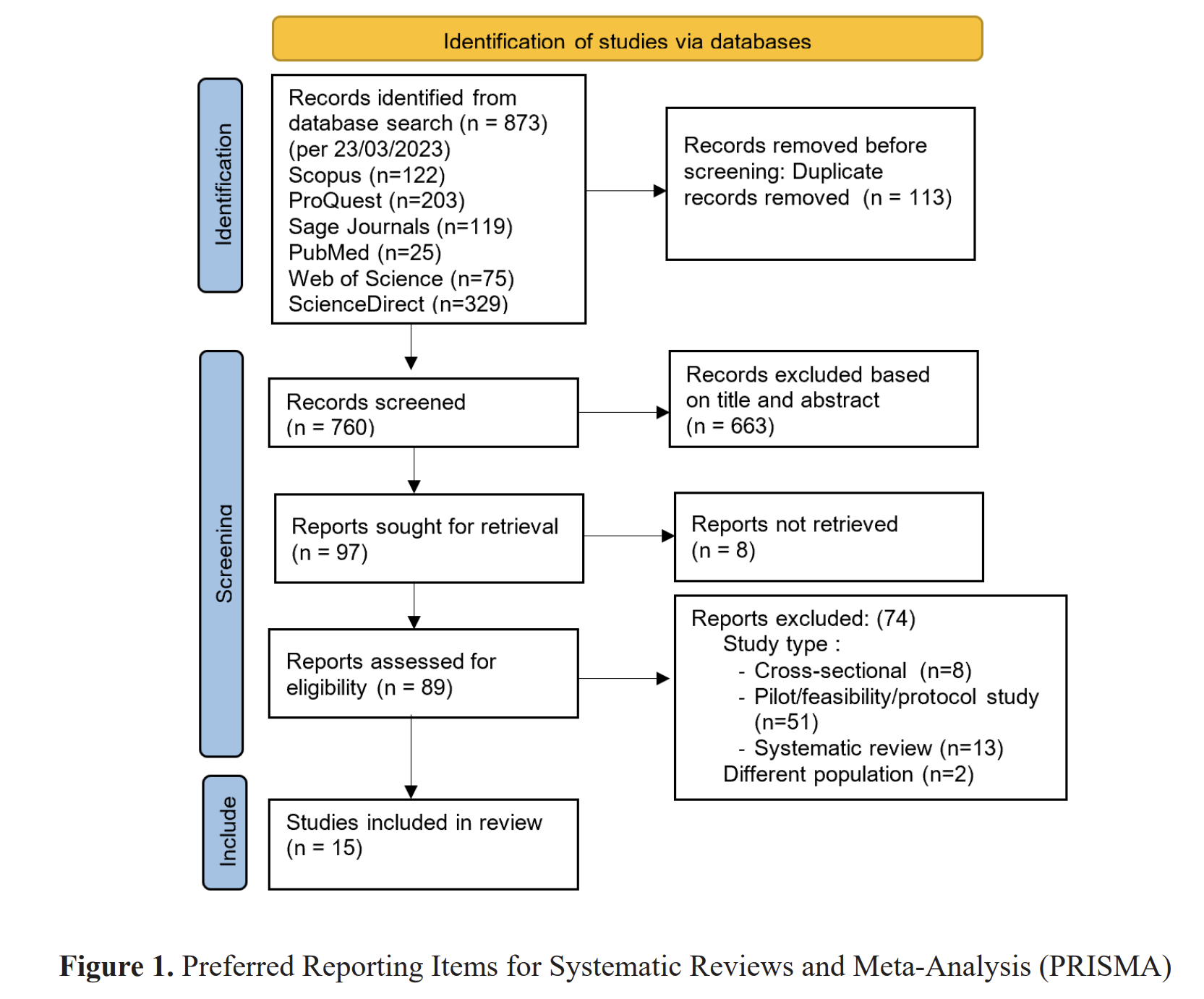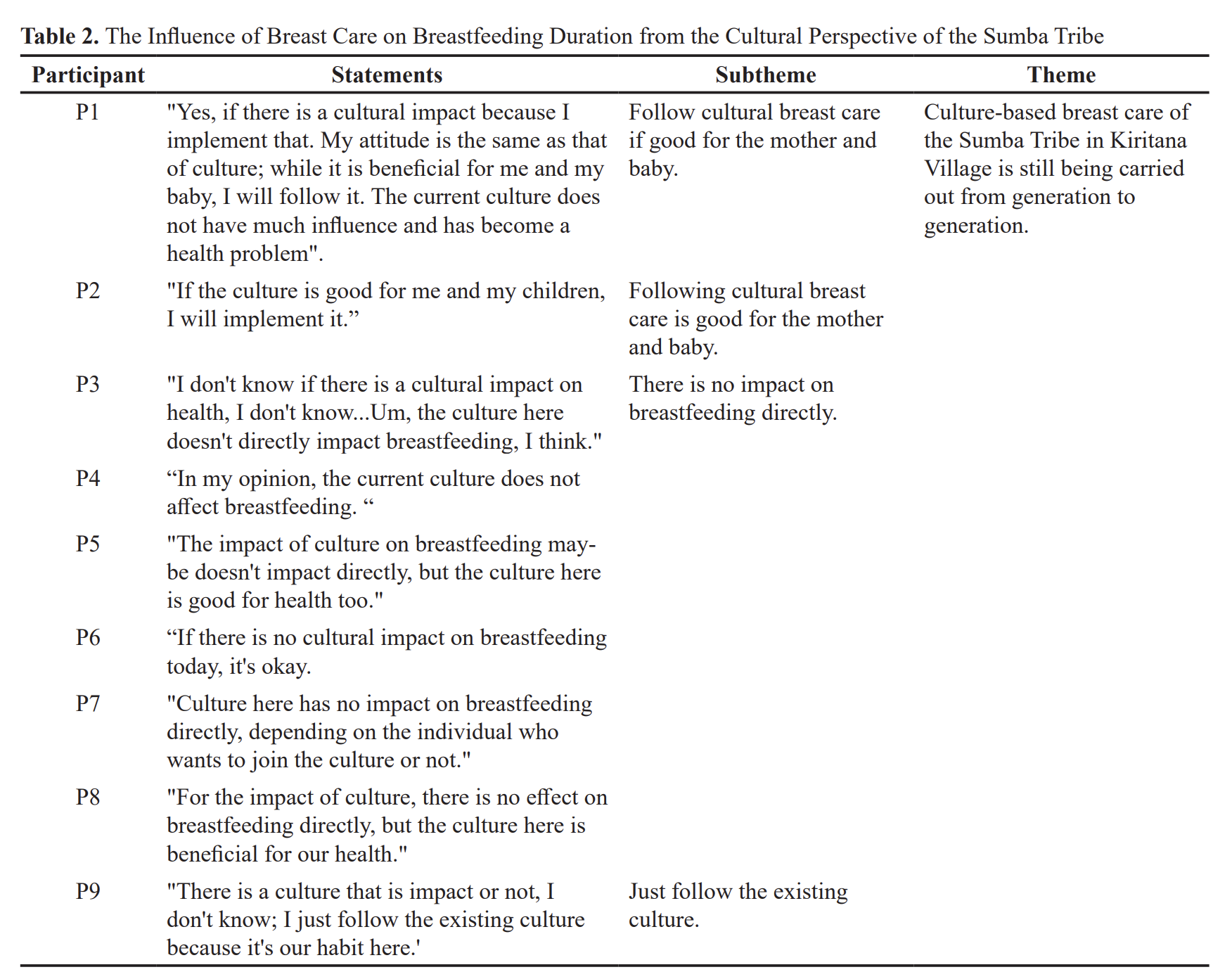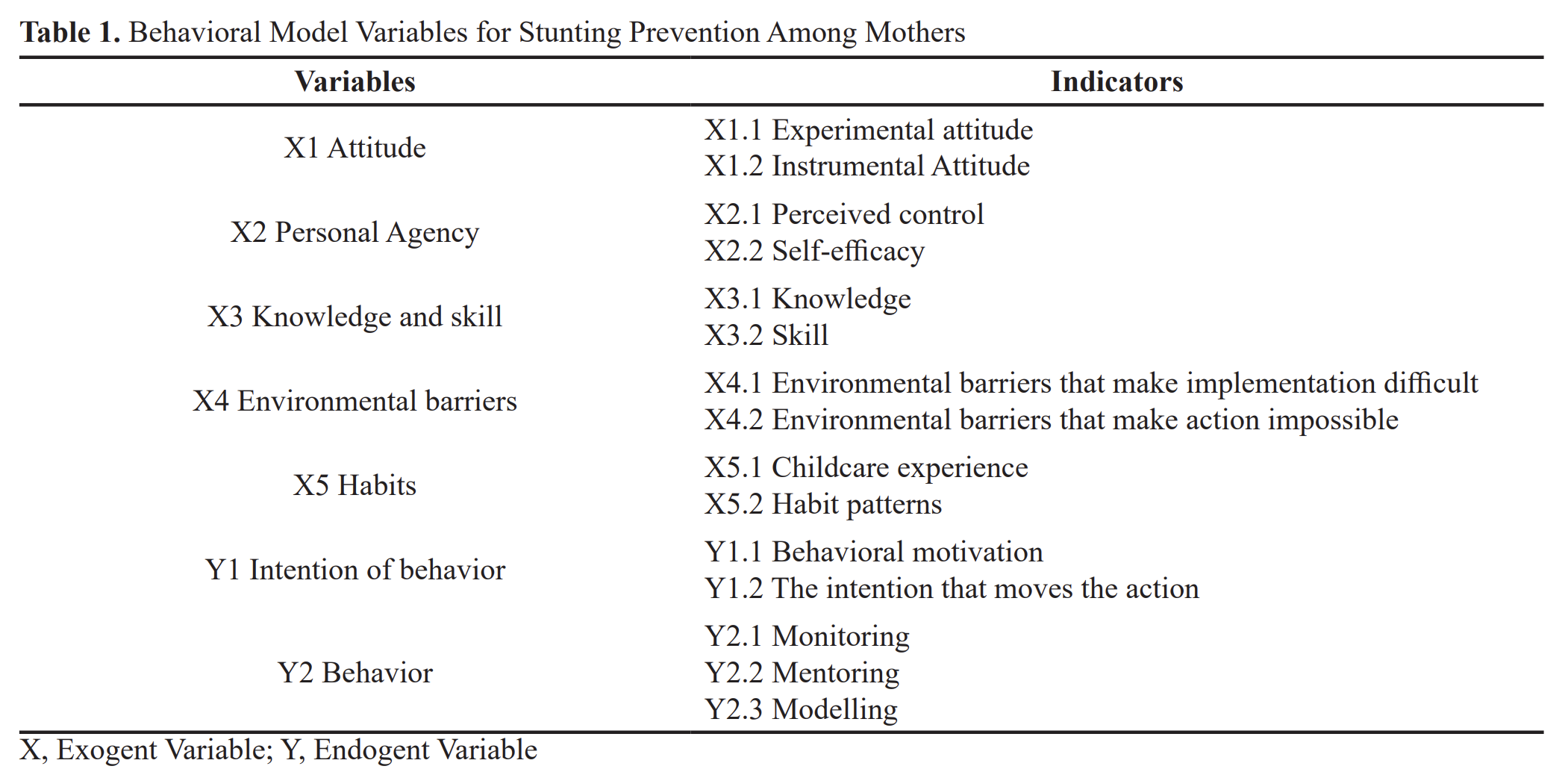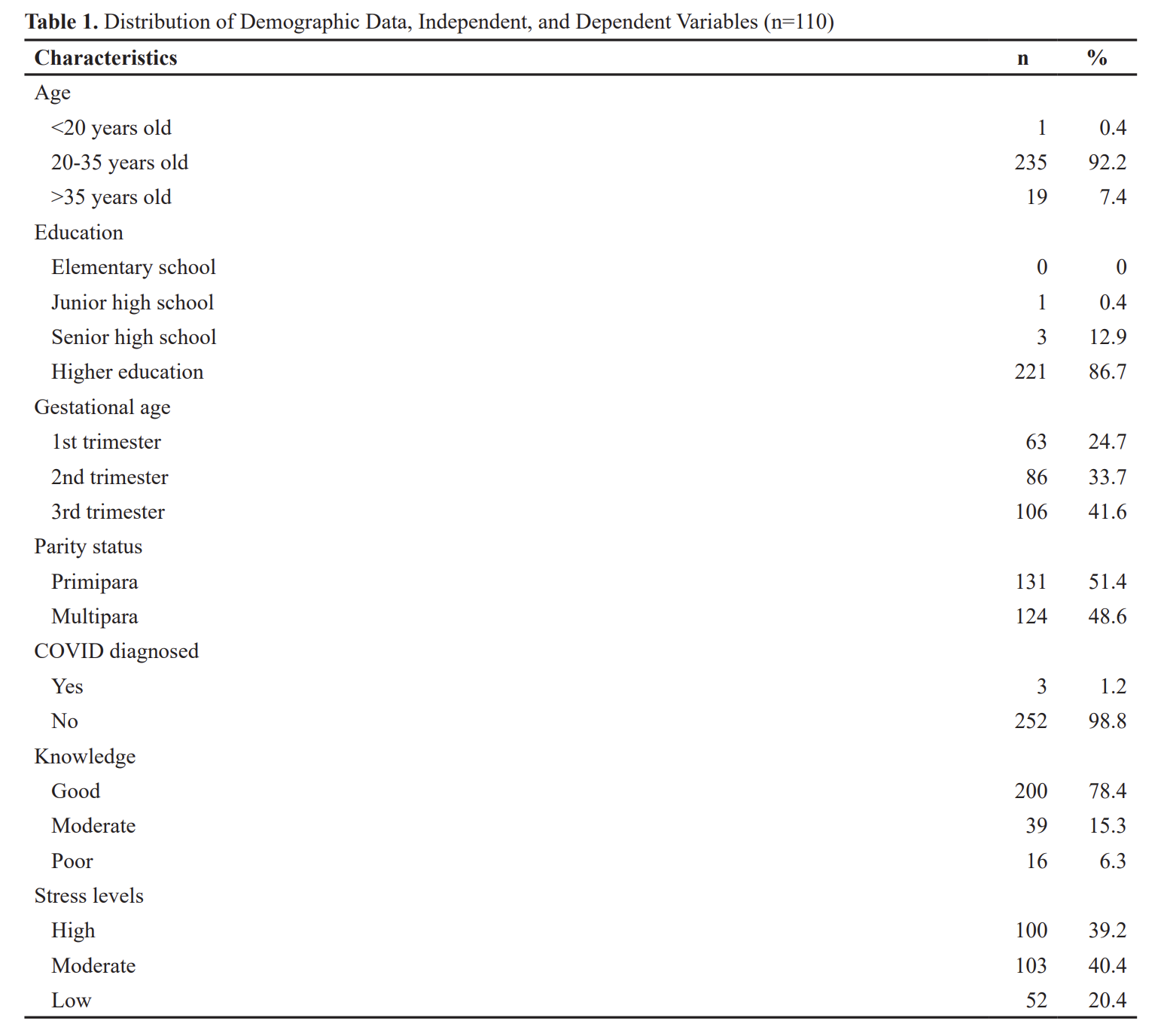FAKTOR KEBERLANJUTAN PENGGUNAAN IUD BERDASARKAN TEORI HEALTH BELIEF MODEL
Downloads
IUD discontinuations rise up. So far, factors related to IUD continuation had not been explained. Health belief model
predicts the health behavior focused on belief and attitude. Thus may explain people action of IUD continuation. The aim
of this research is to analyze factors related to the IUD continuation use based on health belief model. The research
design was descriptive analysis with cross sectional approach. The population was 377 fertile couples IUD acceptors,
and found 57 people that comply inclusive criterias that be done by purposive sampling. The dependent variable was IUD
continuation, while perceived benefits, perceived barriers, self efficacy, and cues to action belong to independent
variable. The instrument used was questionnaire. Spearman rho and chi squre statistical test was used in data analysis.
The research results showed the correlation between perceived benefits and IUD continuation use (p=0,000; r =0,826),
perceived barrier and IUD continuation use (p=0,000; r=0,708), self-efficacy and IUD continuation use (p=0,000; r=0,708),
cues to action and IUD continuation use (p=0,011; r=0,336) in person category (p=0,005; r=0,365) in event category. In
conclusion, the strongest factors that related to the IUD continuation use is perceived benefits. It has suggested to
engage other factors on HBM such as aim of reproduction, sosioeconomic, husband's occupation, threat also
establish exact intervention to maintain behavior
WHO, (2012). Ragam Metode Kontrasepsi.. Jakarta : EGC
Copyright (c) 2014 Purwoning Husnul C, Esti Yunitasari, Erna Dwi W

This work is licensed under a Creative Commons Attribution 4.0 International License.
1. The journal allows the author to hold the copyright of the article without restrictions.
2. The journal allows the author(s) to retain publishing rights without restrictions.
3. The legal formal aspect of journal publication accessibility refers to Creative Commons Attribution (CC BY).

